Many are disappointed in seeing Mubarak walk free,
but perhaps we can  look at it from another perspective – Mubarak’s perspective?
look at it from another perspective – Mubarak’s perspective?
Since 11 February 2011, Mubarak has had to live with the fact that he has been condemned by history, being toppled in such a humiliating way and vomited out by the body politic. The court decision is not his redemption and never will be unless he is reinstated as president.
In June 1974, White House reporter Lawrence M. O’Rourke speculated that US president Nixon would have wished to be assassinated on his state visit to Egypt’s Alexandria rather than go through the inevitable and ignoble resignation as a result of Watergate. Nixon did not want that moment of shame and degradation to come. Martyrdom suddenly looked more appealing (it worked well for Kennedy). But that moment did come. And Nixon died a painful metaphorical death that he never recovered from until his actual death 20 years later.
Whether in a democracy or dictatorship, the forced surrender of power is an excruciating pain that a leader can be put through – more than facing prison time or even the death penalty. For every one of them is obsessed with the historical legacy they will leave. A perceived noble legacy cannot happen if they feel they have been short-circuited by a different form of power arrangements. When the facade came crashing down bringing the leader down in the process. The point is the leader lived to see, and bludgeoned by, a politically quintessential and unerasable humiliation.
The days between the moment they are forced to step down and the moment they breathe their last – are the most harrowing days they will live through, as every single day they will murmur and mumble at how they have been wronged. Their toppling from power should never have happened – they are haunted by it in their living days, tormented by it in their sleep.
It does not take much imagination to realize that Mubarak, being the narcissistic monster he is, hates his political successors more than he hates the revolutionaries who overthrew him. Because the (faceless to him) revolutionaries have receded into the background, while al-Sisi and the military generals have come into the limelight – the very limelight that was exclusively reserved for Mubarak. Every newspaper’s front page and news broadcast will agonizingly remind Mubarak of his stupidity and utter failure to hold onto the power he loved most.
His current existence is his ultimate prison, if not death, sentence.
And yet, irrespective of Mubarak’s status or pain, our work that began in 2011 still continues. Often limping with much difficulty in these repressive times, but it continues.

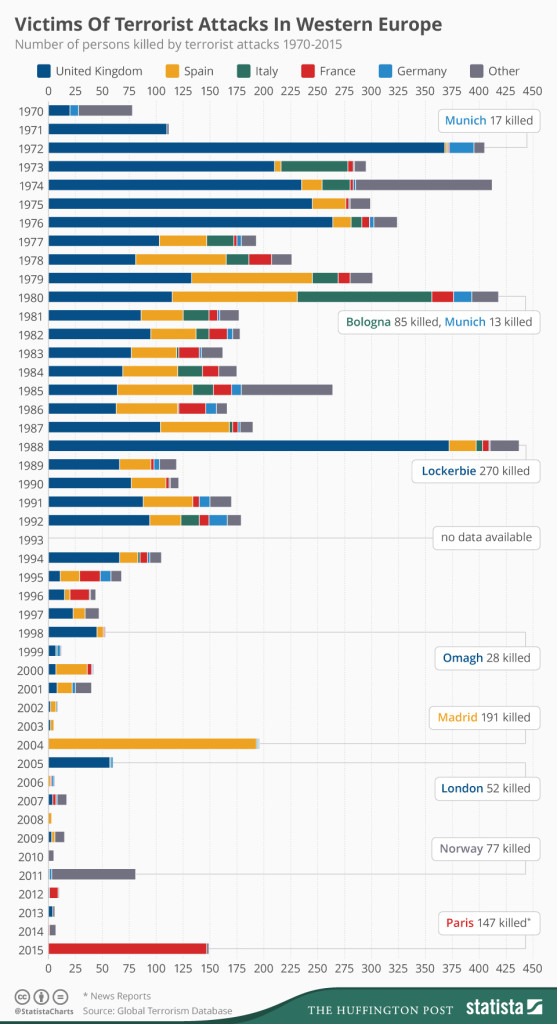
![[From Alexandria’s Stanley neighborhood: “The People,” the eternal cry of the revolutionary voice that would follow it up with “Demand the fall of [insert your current oppressor here].”](https://amroali.com/aspire/wp-content/uploads/2016/01/the-people-300x225.jpg)
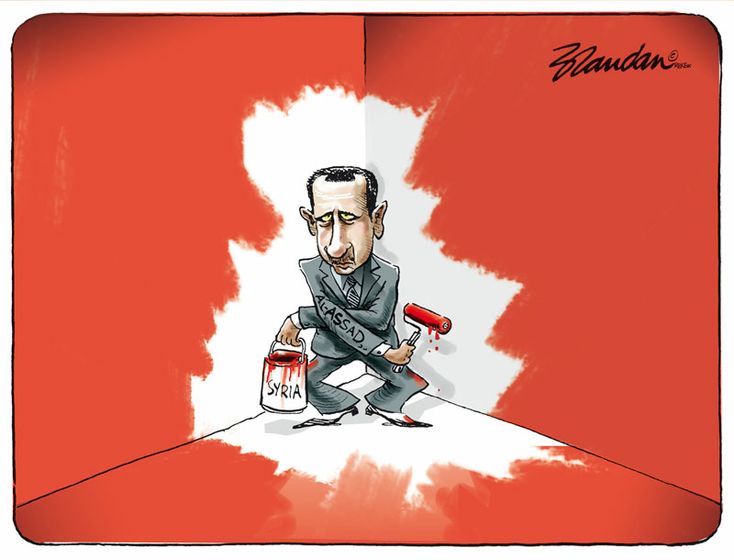 transition or negotiated a power-sharing agreement. He instead declared war on his own people, caused one of the largest refugee exodus in modern history, laid the foundation for radicalisation, indirectly gave birth to ISIS, lost half his territory to ISIS, killed hundreds of thousands of Syrians, lost the heritage of centuries, lost international legitimacy, opened up his government to interference from Russia and Iran (and the Gulf monarchies who exploited and supported his opponents).
transition or negotiated a power-sharing agreement. He instead declared war on his own people, caused one of the largest refugee exodus in modern history, laid the foundation for radicalisation, indirectly gave birth to ISIS, lost half his territory to ISIS, killed hundreds of thousands of Syrians, lost the heritage of centuries, lost international legitimacy, opened up his government to interference from Russia and Iran (and the Gulf monarchies who exploited and supported his opponents).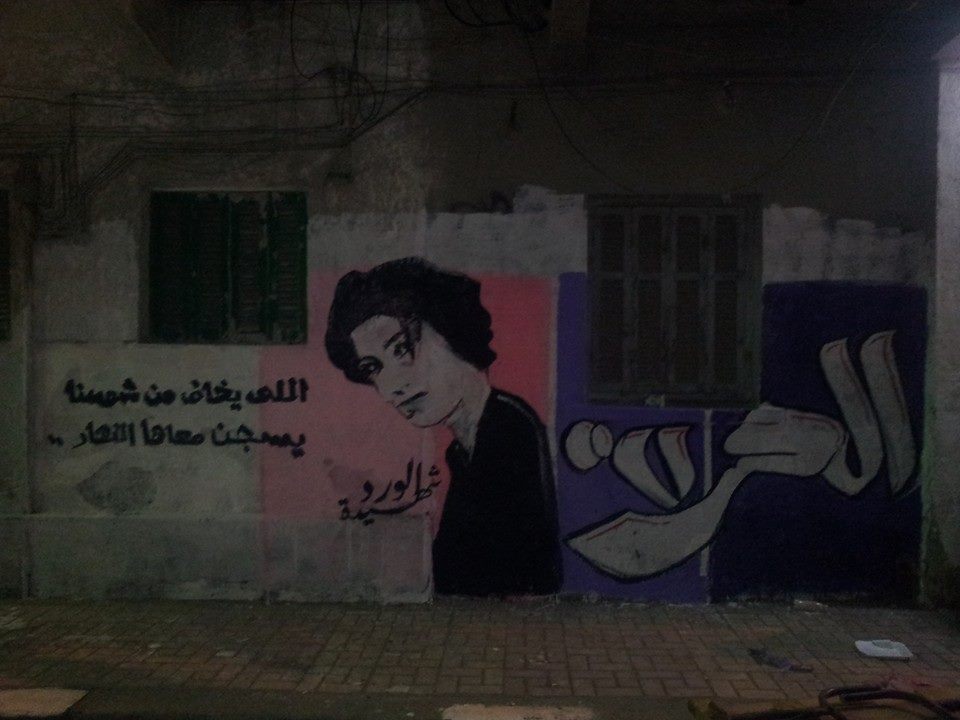
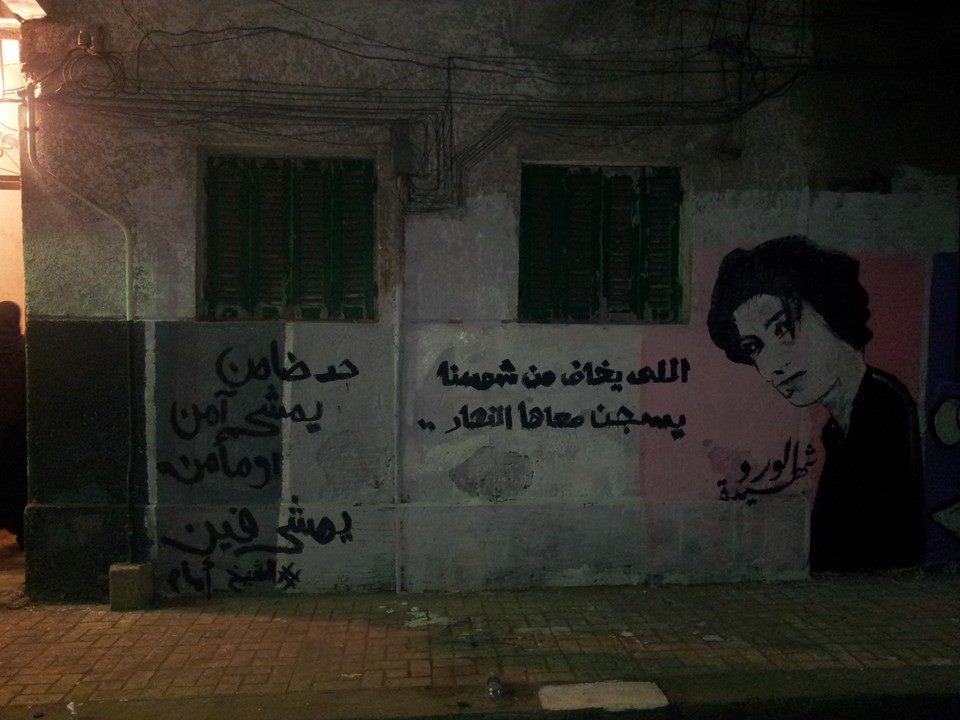
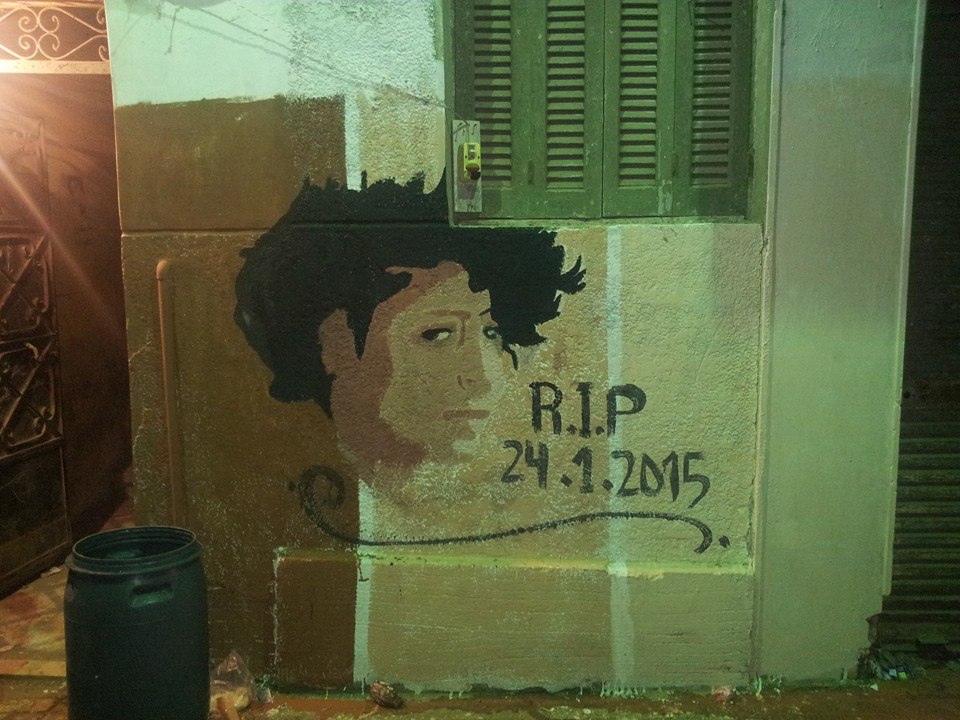
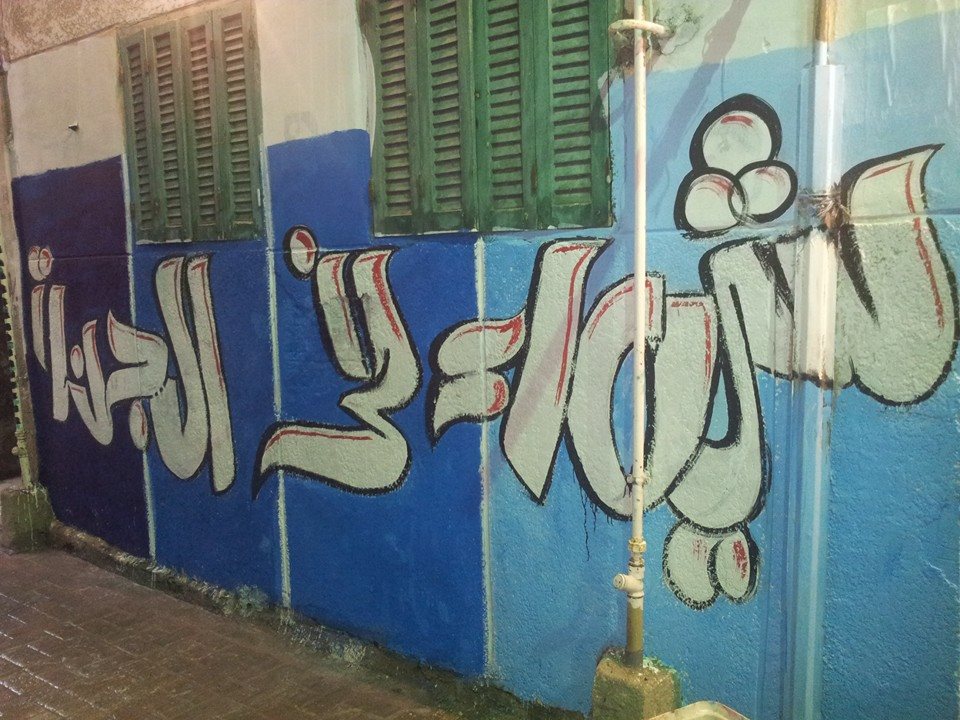
!["The flower of Shaimaa" [in the form of a clinched fist]](https://amroali.com/aspire/wp-content/uploads/2015/07/Shaimaa-el-Sabbagh-5.jpg)